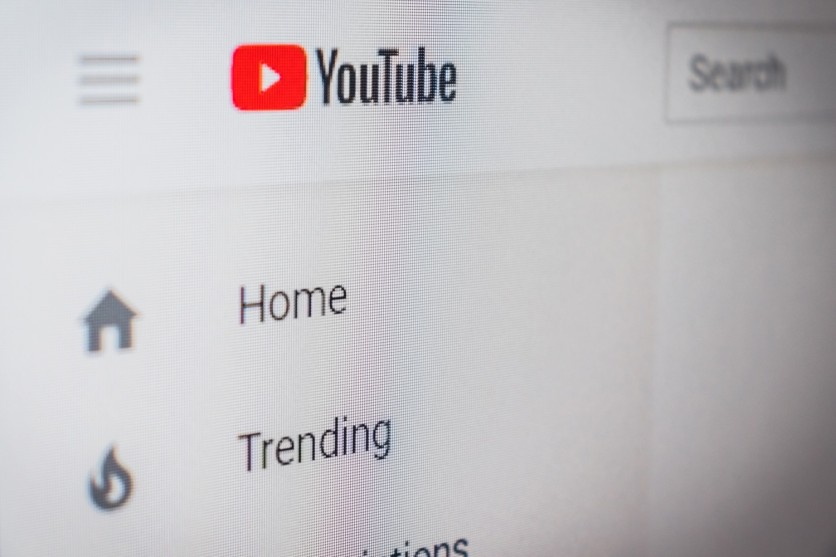
A coalition of fact-checkers from around the globe gathered to sign a joint letter calling out YouTube for enabling misinformation and not doing much to prevent it.
Fact-Checkers Assembled to Call Out YouTube
Earlier this year, approximately 80 fact-checking organizations collectively aired their concern about misinformation through a signed open letter to YouTube CEO Susan Wojcicki.
The letter comprises signatories from UK Charity Full Fact with fact-checkers from Africa, Asia, Europe, the Americas, and the Middle East. Washington Post's fact-checking team also joined the assembly.
In the open letter, fact-checkers wrote that the video-sharing platform is "one of the major conduits of online disinformation and misinformation" around the globe.
They also urge YouTube to act up and prevent misinformation in the platform amidst the surge of anti-vaccine videos and disinformation regarding elections.
However, the letter read that the most troubling part was not the videos themselves ---but the people affected.
"Bad information ruins lives. Like other fact-checkers around the world, Full Fact has seen examples of harmful content on YouTube," said Full Fact executive director Will Moy.
Then, fact-checkers went on to pin YouTube for allegedly not making sufficient efforts to tackle the problem and that the platform is allowing devious individuals to make a weapon out of their videos, which in return manipulate and exploit others.
Moreover, false information that is not in English or originates from developing countries makes the matter more complex, the letter says.
Fact-checkers also listed numerous examples of videos with disinformation that slipped under YouTube's content policies around the world, labeling YouTube policies 'insufficient' in the letter.
Furthermore, fact-checkers have asked for more context and debunkings rather than just deleting YouTube videos and taking action against repeat offenders, as these issues plague the platform today.
Additionally, YouTube must intensify its efforts to counter misinformation spoken in different languages other than English.
But most importantly, the letter strongly suggests that YouTube must fix its recommendation algorithm to ensure it does not purposely spread disinformation or recommend content from unreliable sources.
Also Read : Facebook Allegedly Enabled Ads Promoting Anti-Vaccine Posts And Comparing Vaccine Mandates To Holocaust
YouTube's Response
YouTube is awash with misinformation about election fraud, conspiracy theories backed up by bogus notions such as the "new world order," and even hate speech against a specific group of people.
Many critics think platforms like YouTube haven't taken enough precautionary measures to prevent disinformation, which has resulted in injuries, family division, and death.
Likewise, global fact-checkers expect YouTube to take action to put a stop to disinformation running on its platform.
In her statement to the Guardian, YouTube spokesperson Elena Hernandez said the platform is currently set to invest in connecting users to authoritative content and creators, turn down misinformation and remove offensive videos.
"We're always looking for meaningful ways to improve and will continue to strengthen our work with the fact-checking community," the spokesperson concluded.
Ultimately, critics and fact-checkers believe it cannot be left up to users or internet companies to decide how to deal with misleading content or how transparent to be. After all, YouTube shoulders responsibilities as a video-sharing and social media platform.
Read Article : Meta's New Anti-Fake News AI to Fight Misinformation More Efficiently! Expect Less Harmful Content
This article is owned by Tech Times
Written by Thea Felicity
ⓒ 2025 TECHTIMES.com All rights reserved. Do not reproduce without permission.




